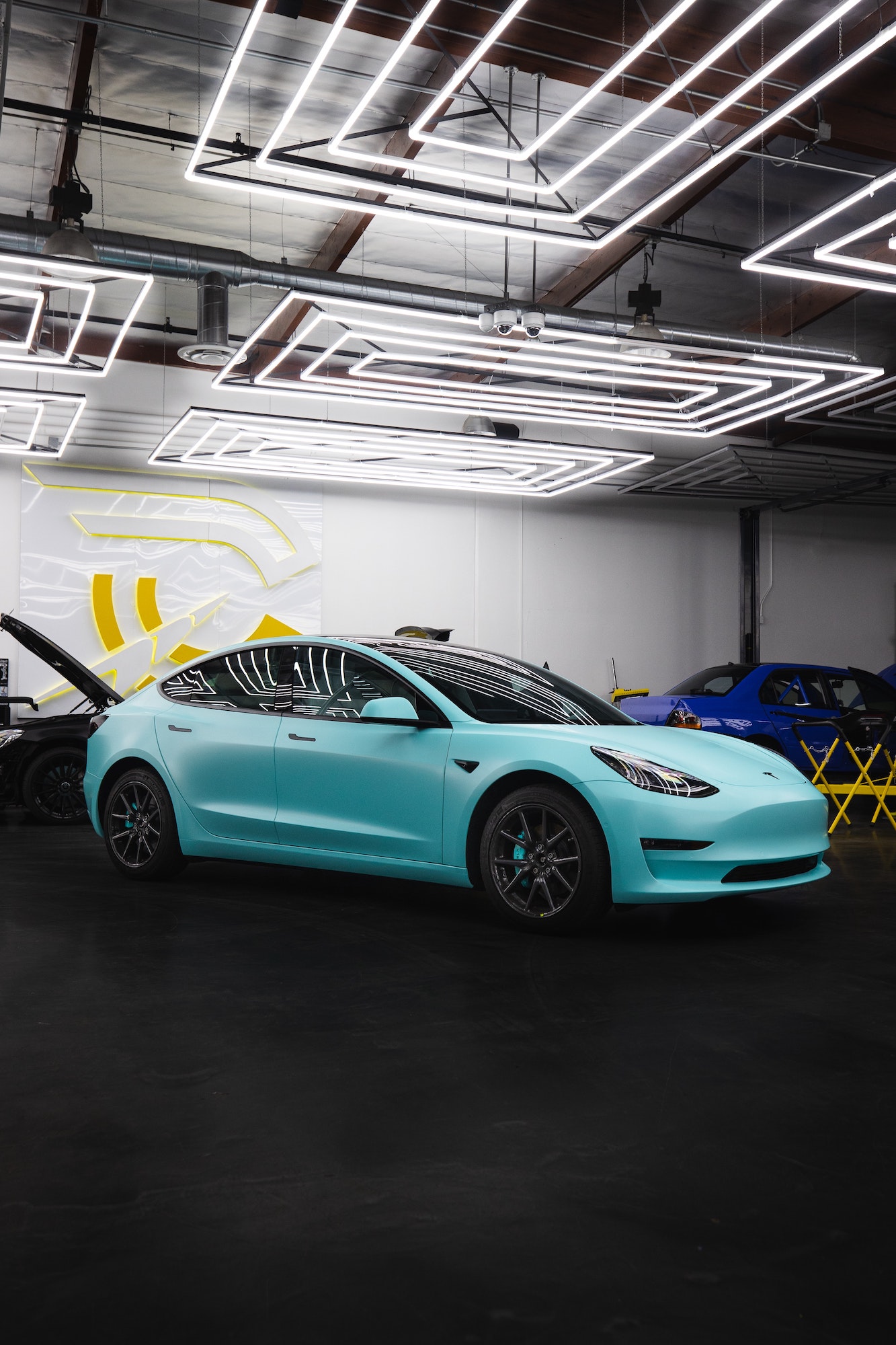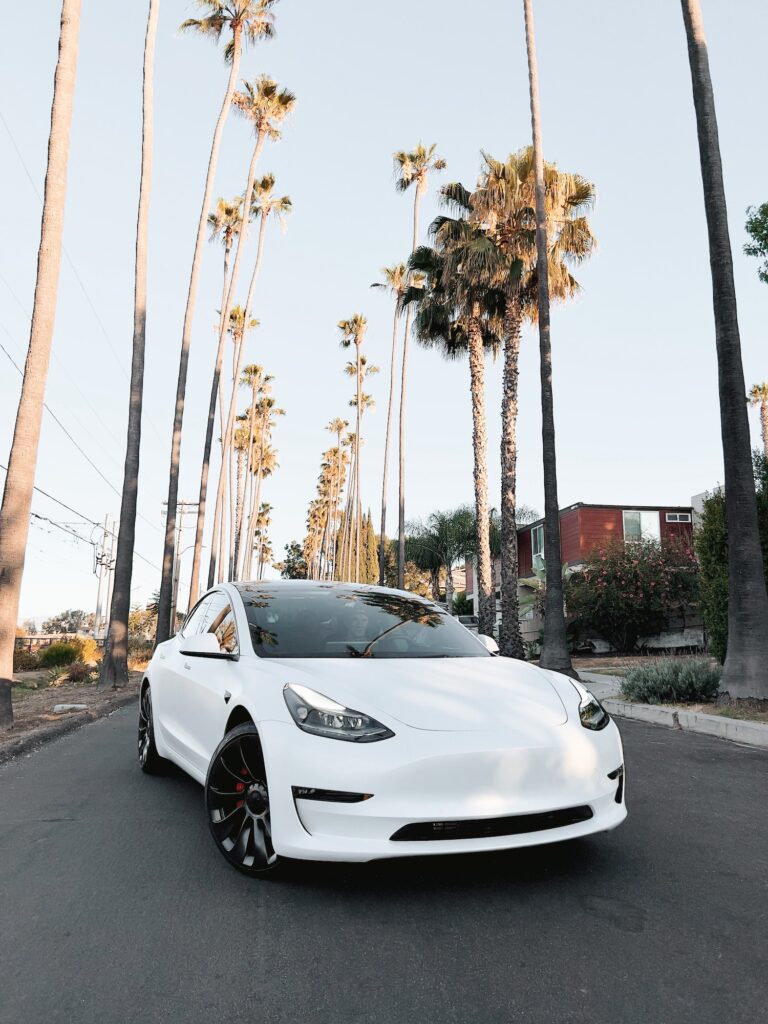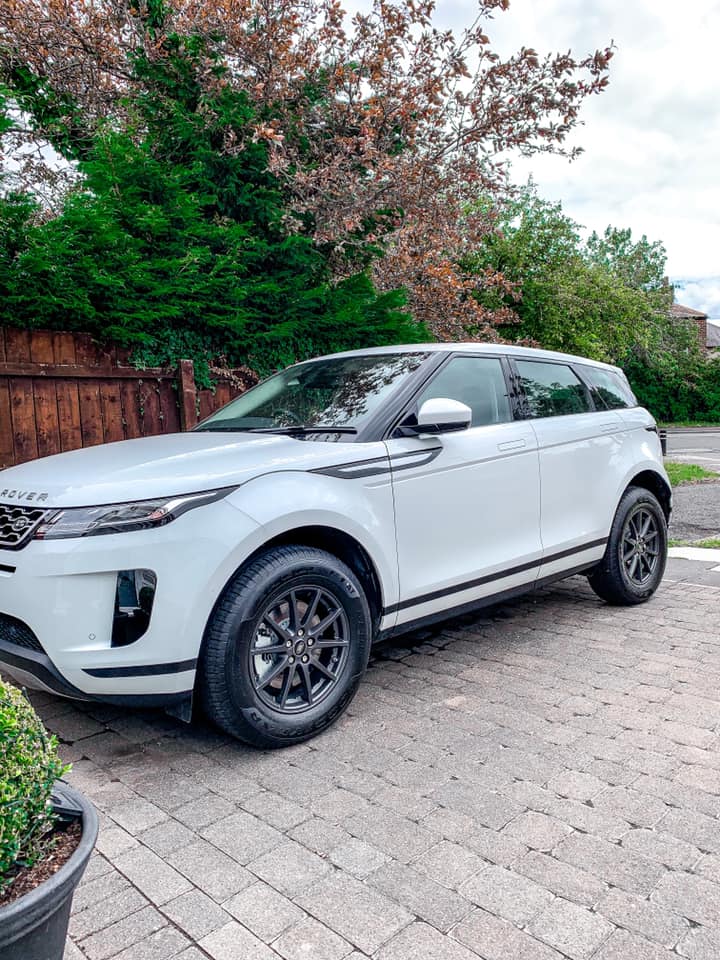5 Easy Money Saving Tips That Will Make Buying A Car Simple
Buying a car, whether new or used, is a significant financial commitment. For many, it can be an overwhelming experience, especially when considering the myriad of options, and the pressure of negotiating, which is not something all of us enjoy.
The whole buying a car process is not that scary or difficult when you break it down and learn how to save money and get the best deal going. Once you have the confidence to know how to get what you want at the right price it will make your car ownership experience even sweeter.
Decisions like whether to buy new or used, can make a huge difference. If you search used cars Utah, for instance, you will soon realize that you can get some great vehicles without breaking the bank.
Here are a few strategic tips and some hints on how to do a bit of planning before you go shopping for your next car. You will soon discover that the whole car buying process not only becomes more manageable but also more cost effective, when you are armed with a bit more knowledge about what to do and what to expect.
Here are some great money saving tips that will help to make buying a car a breeze.
5 Easy Money Saving Tips That Will Make Buying A Car Simple
Do your Research and Set a Realistic Budget
Before you set foot in a dealership or start browsing online listings, it’s crucial to do your homework.
A good starting point would be to determine what type of vehicle best suits your needs. Consider factors like fuel efficiency, reliability, size, and the cost of maintenance. Your lifestyle will obviously be quite an influential factor. If you have kids or plan on starting a family soon, it makes sense to find a car that gives you all the space and comfort you need right now, and in the near future.
Once you have a clear idea of what you need, set a realistic budget. This budget should include the total cost of the car, including taxes and fees. You also need to factor in ongoing expenses like insurance, maintenance, and fuel.
Utilize online tools and resources to compare models, prices, and reviews. Websites like Kelley Blue Book and Consumer Reports offer invaluable information on vehicle reliability, resale value, and average selling prices.
If you are not sure what make, model or style you need, a bit of research will help you to narrow down the field so that you don’t waste time and energy once you start to look at suitable cars.
Also remember, your budget should not only reflect the purchase price but also the long term ownership costs.
Always Consider Pre-owned Vehicles
One of the most effective ways to save money when buying a car is to consider purchasing a pre-owned vehicle. New cars depreciate rapidly, losing a significant portion of their value in the first few years.
By opting for a used car that’s a few years old, you can take advantage of this depreciation while still getting a reliable vehicle. Many models lose the most significant amount of their value in the first couple of years. If you buy a used car
you are often able to get a car that delivers a lot more bang for your buck and delivers significant savings without compromising on quality.
When looking at used cars, it’s essential to get a vehicle history report and, if possible, have the car inspected by a trusted mechanic. This can help uncover any potential issues and ensure that the vehicle is in good condition. Certified Pre-Owned (CPO) programs can also be a great option, as they often include extended warranties and have gone through rigorous inspections.
A reputable dealer will always be happy to provide all the history and information you need about a car you are interested in.
Consider Getting Pre-approved for Financing
Before you start the car buying process, it’s often wise to get pre-approved for a loan. This step not only gives you a clear idea of what you can afford but also strengthens your negotiating position.
With pre-approval, you become more like a “cash buyer” at the dealership, which can give you leverage during negotiations.
Be prepared to shop around for the best interest rates and terms. Don’t limit yourself to the dealership’s financing options. Check with banks, credit unions, and online lenders to compare rates and terms to what you are being offered by the dealer.
Compare the Annual Percentage Rate (APR), loan term, and any other fees associated with the loan. Remember, the lowest monthly payment isn’t always the best deal if it means extending the loan term and paying more in interest.
Best Ways to Negotiate the Best Deal
Negotiating can be the most daunting part of buying a car, but it’s also where you can save the most money, so it’s worth going outside of your comfort zone if it means getting a good deal.
Start by negotiating the price of the car, not the monthly payment. Focus on the final price, which includes all taxes and fees. Be prepared to walk away if the deal doesn’t meet your budget or needs.
Use your research to your advantage. Knowing the average selling price of the car you want, as well as the value of your trade in if you have one, can help you negotiate more effectively.
Don’t be afraid to ask for discounts or incentives, and always be ready to counter offer if the initial price is too high.
Other Important Factors
When buying a car, it’s crucial to consider other factors beyond just the price. One such factor is the cost and reliability of transporting your new vehicle, especially if you are purchasing from a distant location. Researching the best car shipping company can save you time and ensure your car arrives safely. Additionally, consider the car’s insurance costs, fuel efficiency, and maintenance expenses to get a comprehensive understanding of the total cost of ownership.
Timing Your Purchase Can Make a Big Difference
Timing can significantly impact the price you pay, especially when it comes to the cost of your new car. Dealerships often have sales quotas, which can lead to better deals at the end of the month, quarter, or year. New model releases can also be an opportune time to purchase last year’s model at a discounted price.
Additionally, consider shopping during off peak times, such as weekdays or rainy days, when dealerships are less busy. This can result in more personalized attention and a willingness to negotiate on the part of the salesperson.
Purchasing a car doesn’t have to be an unpleasurable experience or exert undue financial strain. By doing thorough research, and considering pre-owned vehicles, for example, you can save significant money and make the whole process a breeze.










